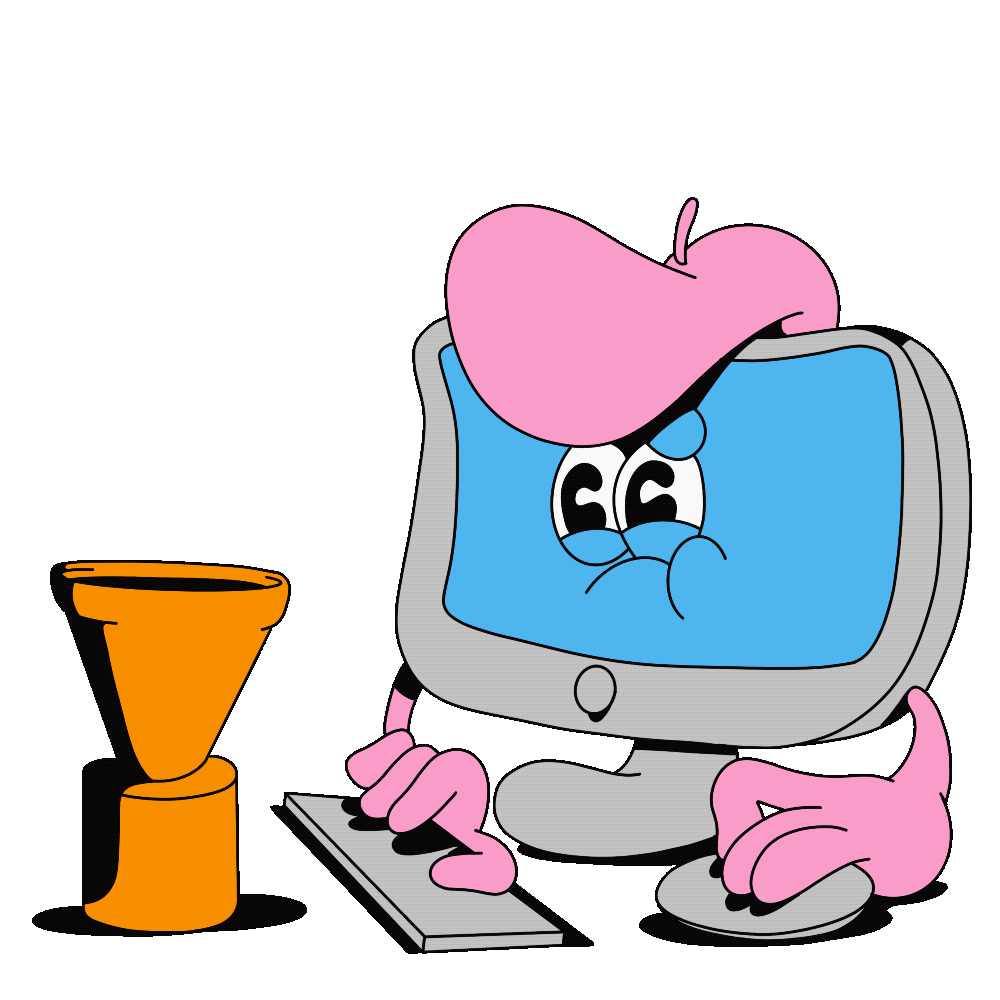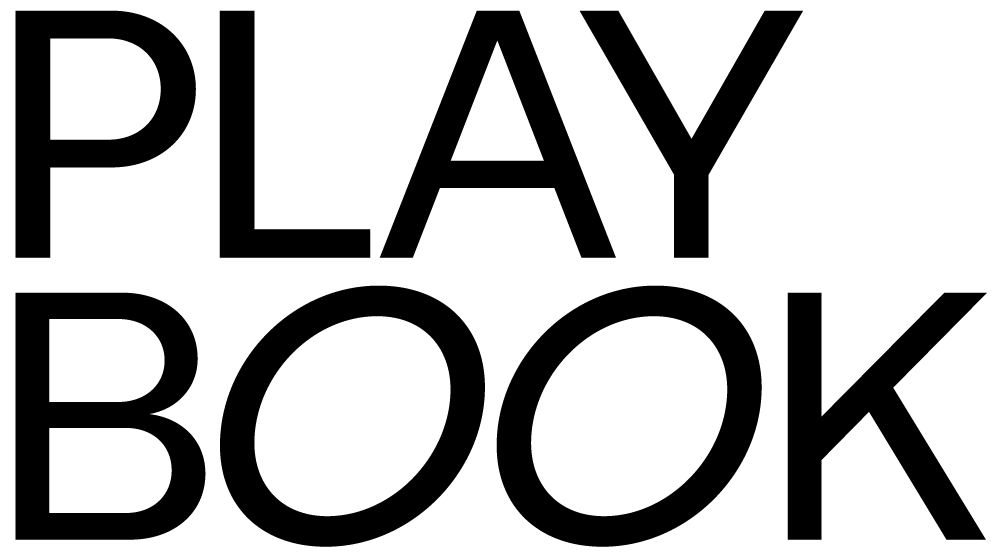“I have a partner, you know, I'm a friend to a lot of people. Who is Evan Weselmann? Wow, is this therapy or is this just an artist interview?”
Based out of his basement studio in Apalis, Evan would market himself as an artist: working in animation, illustration, and painting. He juggles different kinds of creative roles that, in some ways, feel divergent but also feed each other in fun and interesting ways. Rooting his love for physical painting, he branched out into freelance graphic design and has worked with Kid Cudi, Chet Faker, and 76. We bonded over transcending language barriers with art, identity crises and a love for art we can touch.
What else do you do for fun if not art?
Well, not a lot. I guess I'm a runner. I don't know if you consider that fun or another form of torture, masochism, torture in some kind of capacity. I like being outside a lot and being active because being an illustrator is a lot of time being hunched over at a desk so when I’m not working I try to have good posture and be active. That's running, biking, and running. Boring, I know.
Your art is really expressive and fluid and so fun. But that's just me interpreting it - how would you describe your art personality both within your art and outside of it?
I was also trained as an abstract painter. (That's what I went to undergrad for.) I studied under an abstract painter, so gestures are like a fundamental aspect of my work. But apart from illustrating cartoon-y people, I think about gestures a lot more than anything: lines as gestures and like that intersection of things.I guess I strive for my work to be fun and playful and easy to interact with. I just want it to be fun and light hearted and it'd be able to connect with people - hopefully, easy to understand.
How did you start illustrating, and then freelancing?
My parents are both kind of involved in the arts in some capacity. They both studied art at the undergraduate level, so art was always kind of naturally pushed on us, encouraged. In my household growing up, my sister is also an artist. She was getting a lot of praise for her drawings, and I was feeling left out as a kid. So I started drawing a bit and I was still taking art classes (thankful to have like a great art program in my high school), but there wasn't really a focus. After graduating from high school I actually took a year off and lived in Japan. That's kind of where illustration seed started to get planted. Still, since it was a youth exchange program, high school grades didn't matter at all - all I had to do was show up, but I didn't speak Japanese.
I had no way of connecting with the students around me, so I started drawing a lot in my free time, in school and outside of school. Eventually I was able to figure out a way to bridge the language divide by making funny drawings and stuff. I learned how illustration can be applied in this real world capacity and how you can communicate pretty much just with a picture.
So I went to college and graduated with a general art degree, wanting to be like a studio painter. But since that’s a hard way of making money I worked at a museum for a little bit. Realizing that I hate having an actual job, I thought to myself: what's a creative endeavor where I can be self employed? Illustration made a lot of sense. I started building up a portfolio and then a couple years ago, I started pushing the shit out of that portfolio to anyone who would take it and yeah, it's been kind of a slow build up from there.
So when did you feel like “Okay, this is my style, and I'm going to be freelancing”?
Maybe it's like a deeper kind of identity crisis.
So that's still something I struggle with. I quit my job two weeks before the pandemic started in 2020. That would be the time where I was like, I'm just going to do freelance full time and see what happens, which was horrible timing.
At that point, I built up a little bit of a professional portfolio. I'd done some editorial work, so I had enough stuff to like, shop around. But yeah, I guess probably like three years ago would be kind of where this style started. And it's constantly evolving, obviously.
I heard your Playbook illustrations took bits and pieces of the creative process. Where do you typically draw inspiration from?

I get obsessive about specific things. Whether it be like drawing pencils, or like drawing skulls. Inspiration is like sewing. You’re reacting as you go.
Inspiration is also another kind of weird thing for me - I have a very abstract-like process oriented mindset. I don't really think about inspiration. It's kind of like, just reacting from things that you made before. I also just like to work in phases. One of my friends is always like “it's funny watching you work because you just like to get obsessive about things.” Last year, I was making these like line paintings that were just like one line but they became gradients and I made 15 of those. Then I got bored of that and then switched gears completely.
I'm like, neck deep in a skull phase right now. That's mainly because I'm pretty stupid and I'm not creative in that way. Ideas are really really hard. So it's just like, what if we run this one thing to the f*****g ground? At some point, it's like completely deep down if I keep working on drawing a skull, and then it's like, oh, drawing like 1000s of skulls and then like, maybe there's like a knife that gets into it. You're like, Oh, what if we do knives now and then it's like, run the knife to the ground. That type of thing. So it's just following lots of little threads, I guess. It's like sewing. You're sewing, and that’s awesome.
What is your favorite piece of work that you've done?
Me: Yes, I was actually gonna say this by like, I totally geeked out and I didn't say but I said I really love your paintings the most probably and like The Berrics.
Evan: Yeah, the paintings are like flowers that still feel most like true to me because like they're all just lines. And like, I can do the like black line work for days and like, it's so meditative and it's so rewarding. That's really what it's about for me. So I guess, any of those and I'm pretty hyped on the one that I just finished. It's really big. And then I'm also pretty stoked on the one I'm working on right now because it's got a football helmet on it
Me: There's a really classic feel to your paintings, even the line paintings from like back in the day. The Berrics feels like it should be an exhibition. Do you do any?
Evan: Yeah, I'm working on a little group show right now with some dudes in Minneapolis. It's nice to not make work that’s on a screen. It's nice to like, you know, look at a canvas.
Me: I did a lot of art when I was growing up and I just hated the idea of doing digital work.
Evan: I fully agree with that, like, it took me a long time to like to use Illustrator in college. I started drawing on an iPad two years ago. So like, I fully get that. Like I have a very love hate relationship with it, so I really resonate with you.
Me: Yeah, it's like, I think like getting used to letting your hands get dirty with paint and like being covered in paint after and being able to shift the way something looks so immediately has like this.
Evan: It's like a different kind of control. You know, when you're, you're like at the mercy of your computer basically, whenever you're trying to edit something or you have to learn this new tool to change the gradient or something, you know? And like painting is so easy to romanticize - it's so tactile, especially oil painting.
What’s next for you?
Things have kind of slowed down a bit which is nice. But a couple murals lined up in Minneapolis, some board graphics for a local company. What else, yeah, paintings. I'm going to Alaska to take a vacation, too.
- - -
Download Evan’s illustration kit here.
This isn’t the last you’ll see of him!
